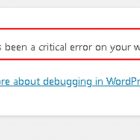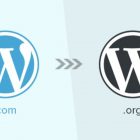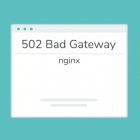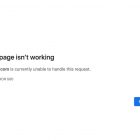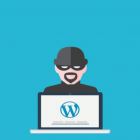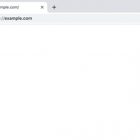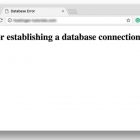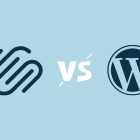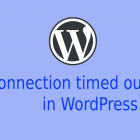How to Secure Your WordPress Website from Hackers
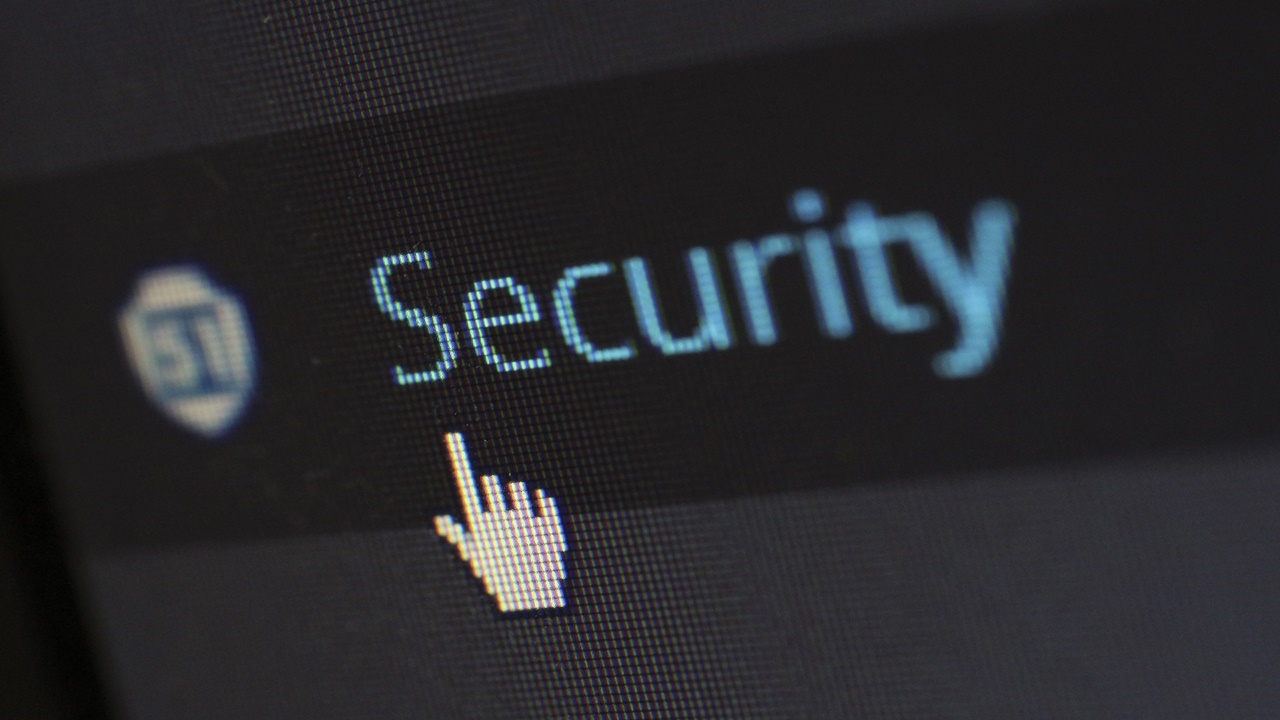
Secure Your WordPress Website from Hackers – WordPress is one of the most popular Content Management Systems (CMS) in the world, powering around 40% of all websites. Unfortunately, its popularity also makes it a prime target for hackers who seek to exploit vulnerabilities and gain access to sensitive information. Therefore, securing your WordPress website is essential to protect your website and your visitor’s data. In this article, we will discuss how to secure your WordPress website from hackers.
Understanding the Security Risks
Before we discuss how to secure your WordPress website, it is important to understand the security risks that come with running a website on this platform. Here are some of the common security risks that WordPress websites face:
Vulnerabilities in Plugins and Themes
One of the biggest security risks associated with WordPress is vulnerabilities in plugins and themes. Hackers often exploit vulnerabilities in outdated or poorly coded plugins and themes to gain access to websites.
Weak Passwords
Weak passwords are another common security risk for WordPress websites. Hackers use automated tools to crack weak passwords and gain access to websites.
Outdated WordPress Core
Running an outdated version of WordPress is a significant security risk. Outdated versions may contain security vulnerabilities that have been patched in later versions.
Brute Force Attacks
A brute force attack is a hacking technique in which hackers try to guess a user’s password by trying different combinations of characters until they find the correct one.
Best Practices for Securing Your WordPress Website
Now that you understand the security risks, let’s look at the best practices for securing your WordPress website.
Keep WordPress Core, Plugins, and Themes Updated
Keeping WordPress core, plugins, and themes updated is one of the easiest and most effective ways to secure your website. Updates often contain security patches that address vulnerabilities.
Use Strong Passwords
Using strong passwords is crucial for securing your website. A strong password should be at least 12 characters long and include a mix of upper and lowercase letters, numbers, and symbols.
Use Two-Factor Authentication
Two-factor authentication adds an extra layer of security to your website by requiring users to enter a code sent to their phone or email in addition to their password.
Limit Login Attempts
Limiting login attempts can prevent brute-force attacks. You can use a plugin to limit the number of login attempts and block IP addresses that exceed the limit.
Install Security Plugins
There are many security plugins available for WordPress that can help secure your website. These plugins can provide features such as malware scanning, brute force protection, and firewall protection.
Use SSL
SSL (Secure Socket Layer) encrypts data between your website and your visitors’ browsers, making it difficult for hackers to intercept and steal sensitive information.
Use a Secure Hosting Provider
Using a secure hosting provider is essential for securing your website. Look for a provider that offers features such as daily backups, malware scanning, and a web application firewall.
Conclusion
Securing your WordPress website is crucial to protect your website and your visitors’ data from hackers. By following the best practices discussed in this article, you can significantly reduce the risk of your website being hacked.
FAQs
1. What is a web application firewall?
A web application firewall is a security solution that monitors and filters traffic between your website and the internet, blocking malicious traffic and protecting your website from attacks.
2. Can I use the same password for multiple websites?
No, you should never use the same password for multiple websites. If a hacker gains access to one website, they will have access to all other websites that use the same password.
3. What should I do if my website has been hacked?
If your website has been hacked, you should take immediate action to remove the malicious code and secure your website. You should also notify your web hosting provider and change all passwords associated with your website.
4. How often should I update WordPress and its plugins and themes?
You should update WordPress and its plugins and themes as soon as updates become available. This will ensure that your website is protected against the latest security threats.
5. What should I do if I can’t update my WordPress website?
If you are unable to update your WordPress website, you should contact your web hosting provider or a WordPress developer for assistance.
In conclusion, securing your WordPress website is crucial to protect your website and your visitors’ data from hackers. By following the best practices discussed in this article, you can significantly reduce the risk of your website being hacked. Remember to keep your WordPress core, plugins, and themes updated, use strong passwords, limit login attempts, and use security plugins and SSL. By taking these steps, you can ensure that your website is safe and secure.






